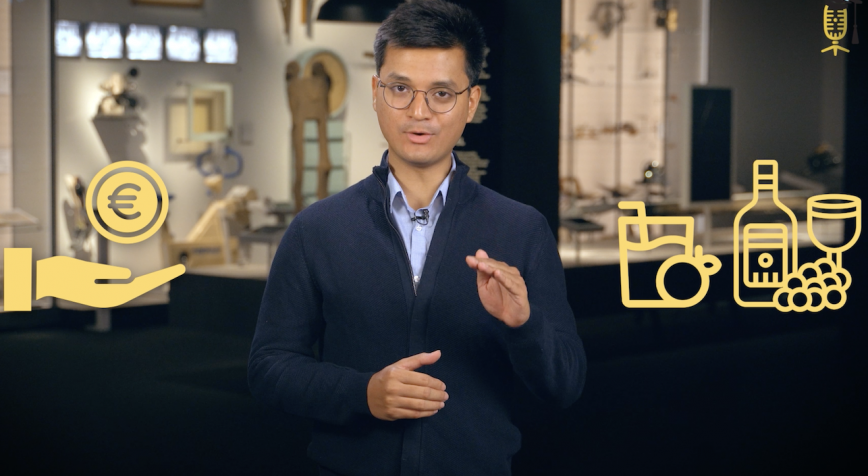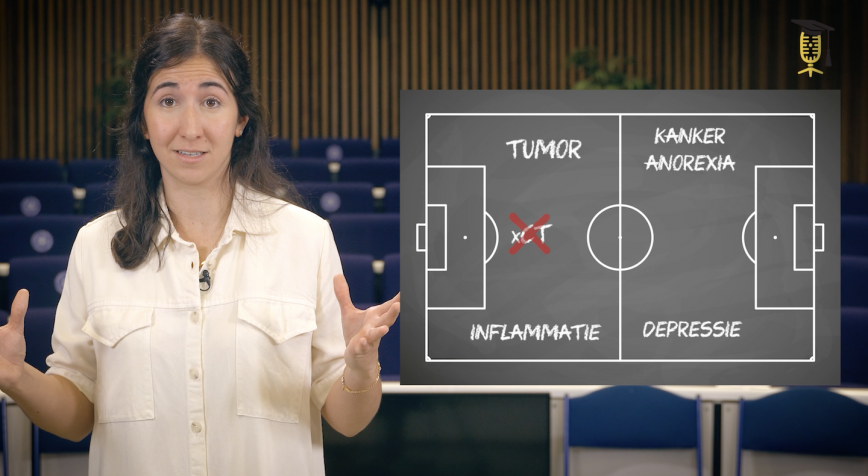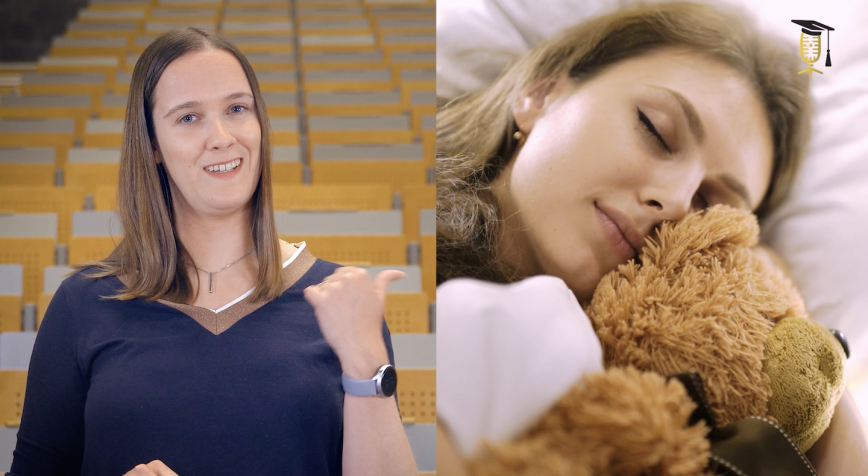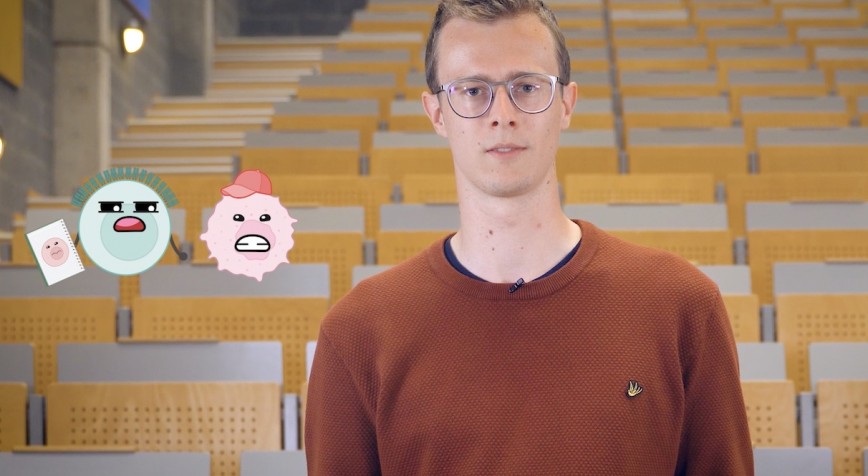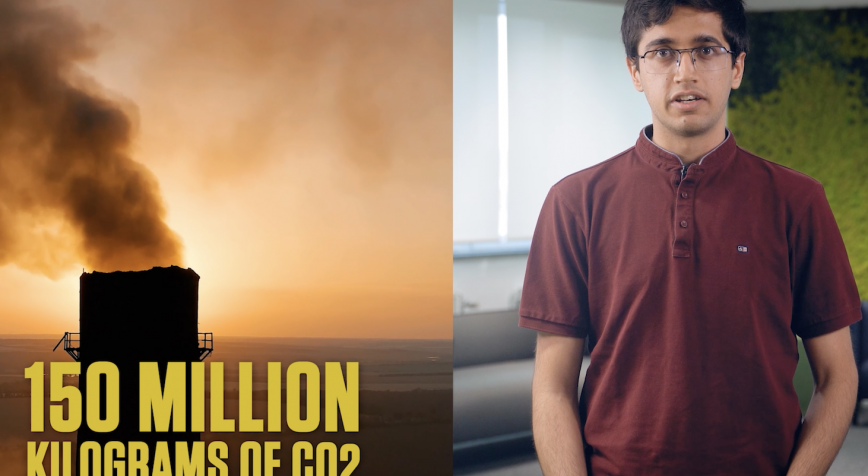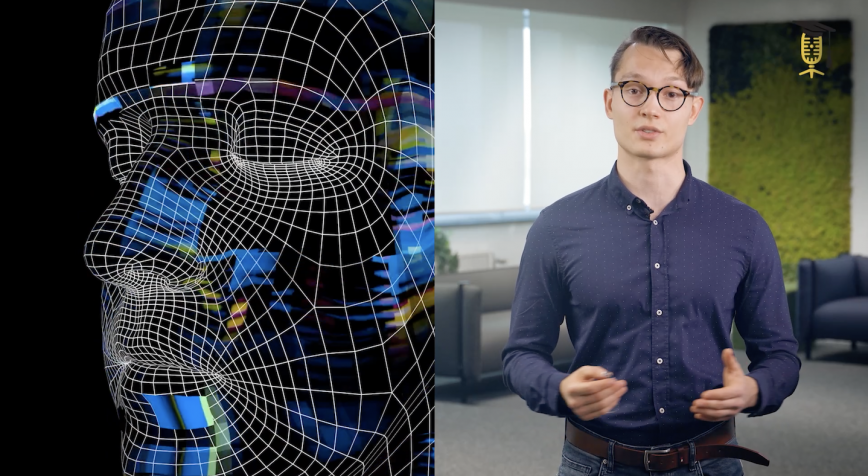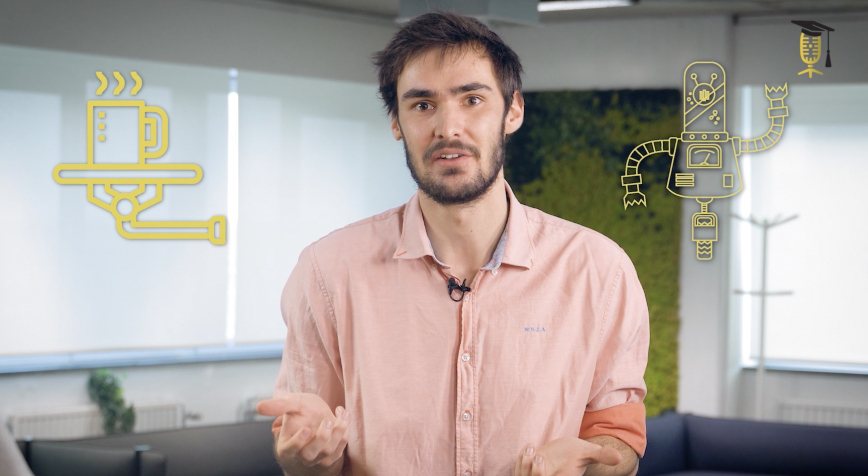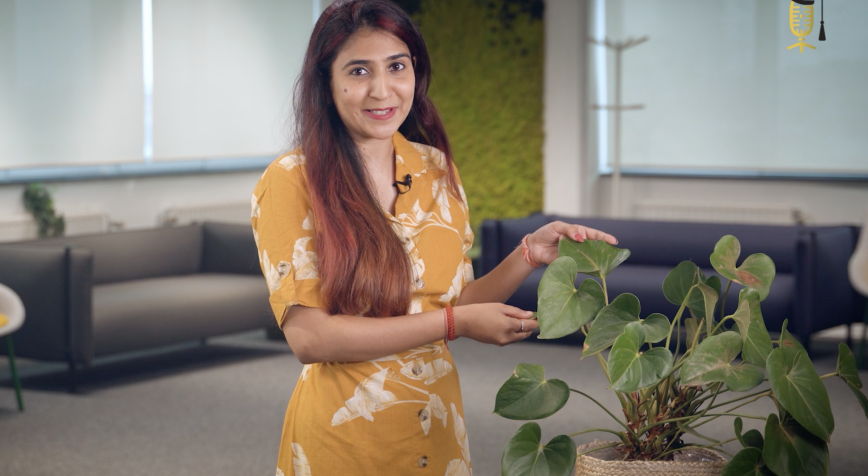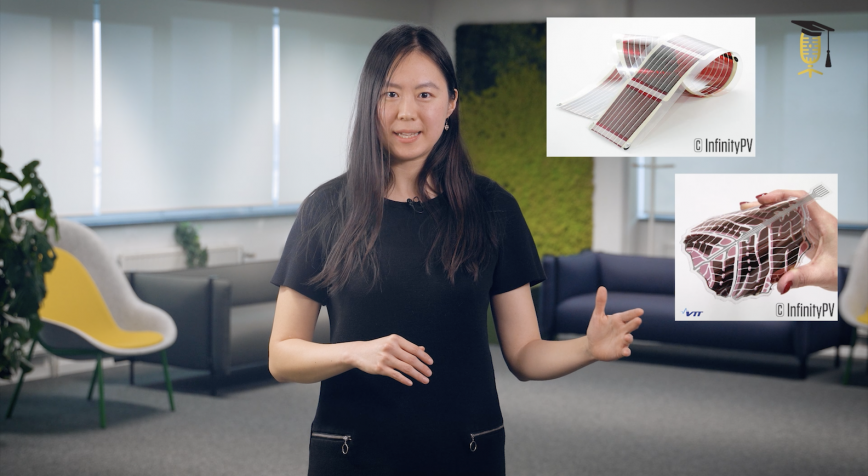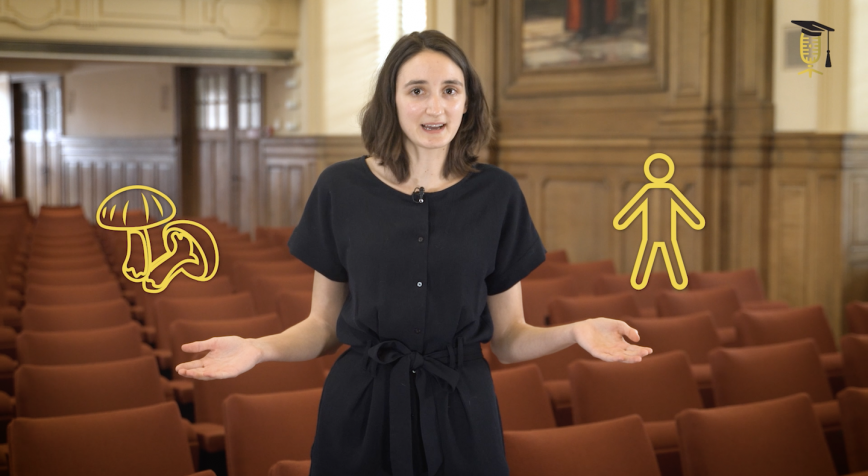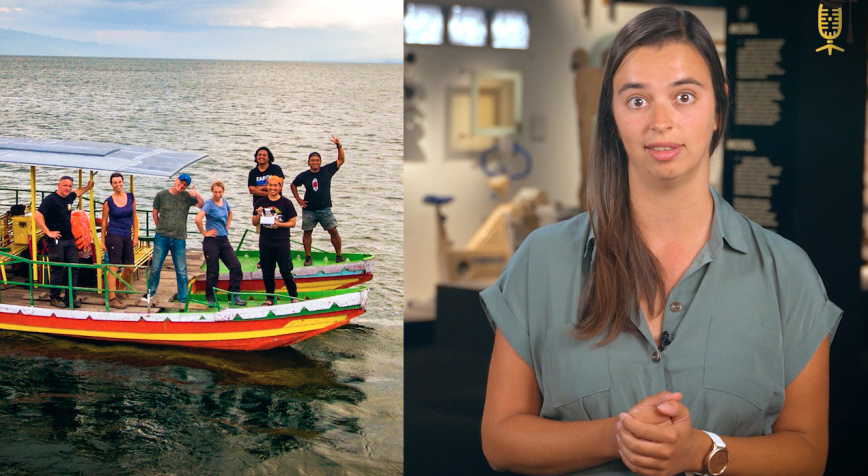
FWO
UGent
Earthquakes: the past is the key to the future
Katleen Wils is a geologist researching earthquakes, yet you'll mostly see her on a boat bobbing in lakes. "What on earth do lakes have to do with earthquakes?", we hear you thinking. "Thanks to lakes, we can look back in time, up to thousands of years ago," Katleen explains. And at the bottom of lakes, this is how she finds traces of ancient earthquakes. What we can learn from this for the future, she tells you in this video.
